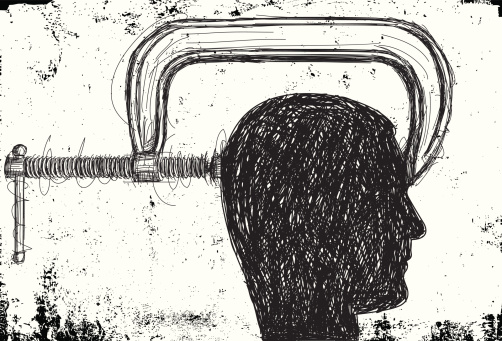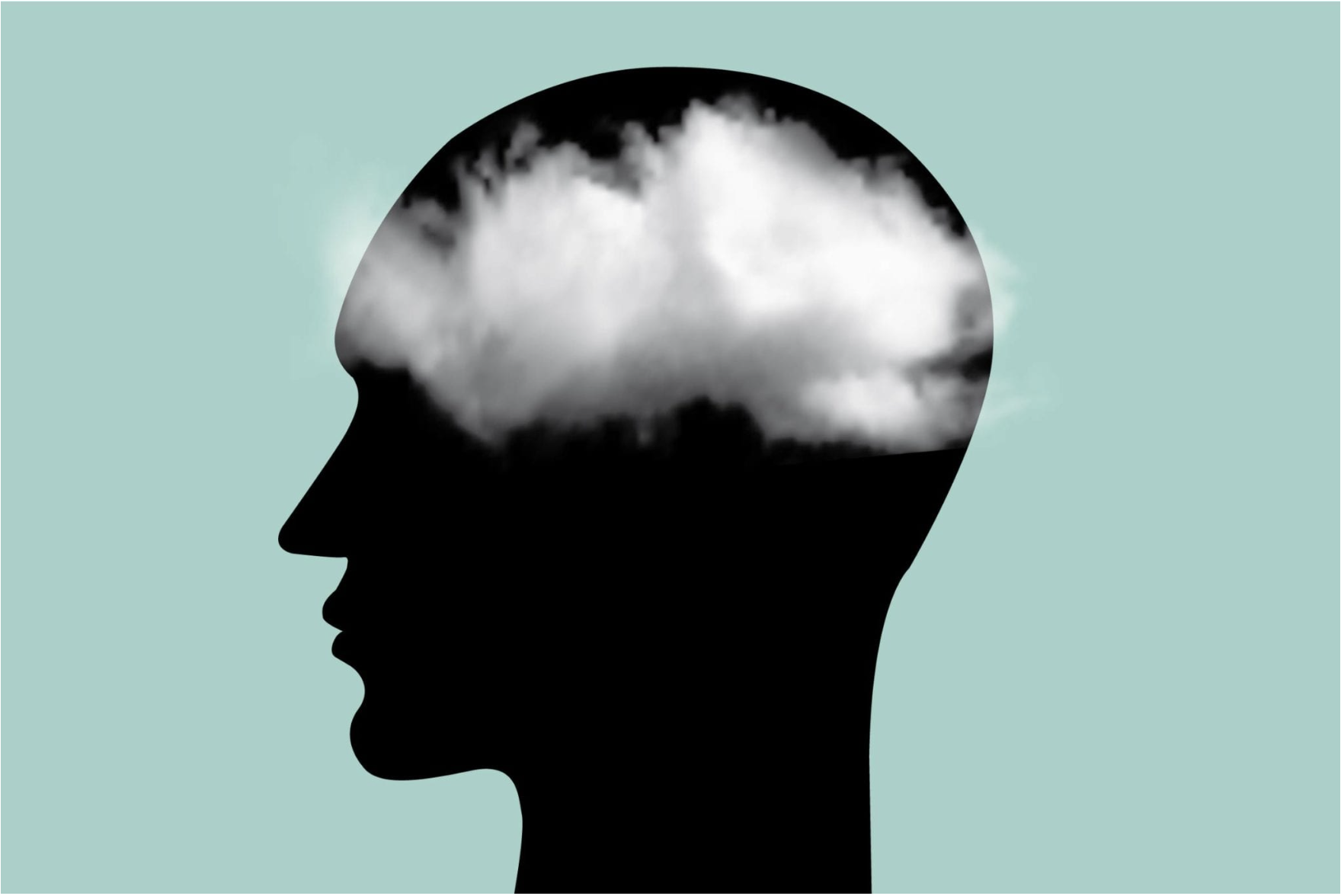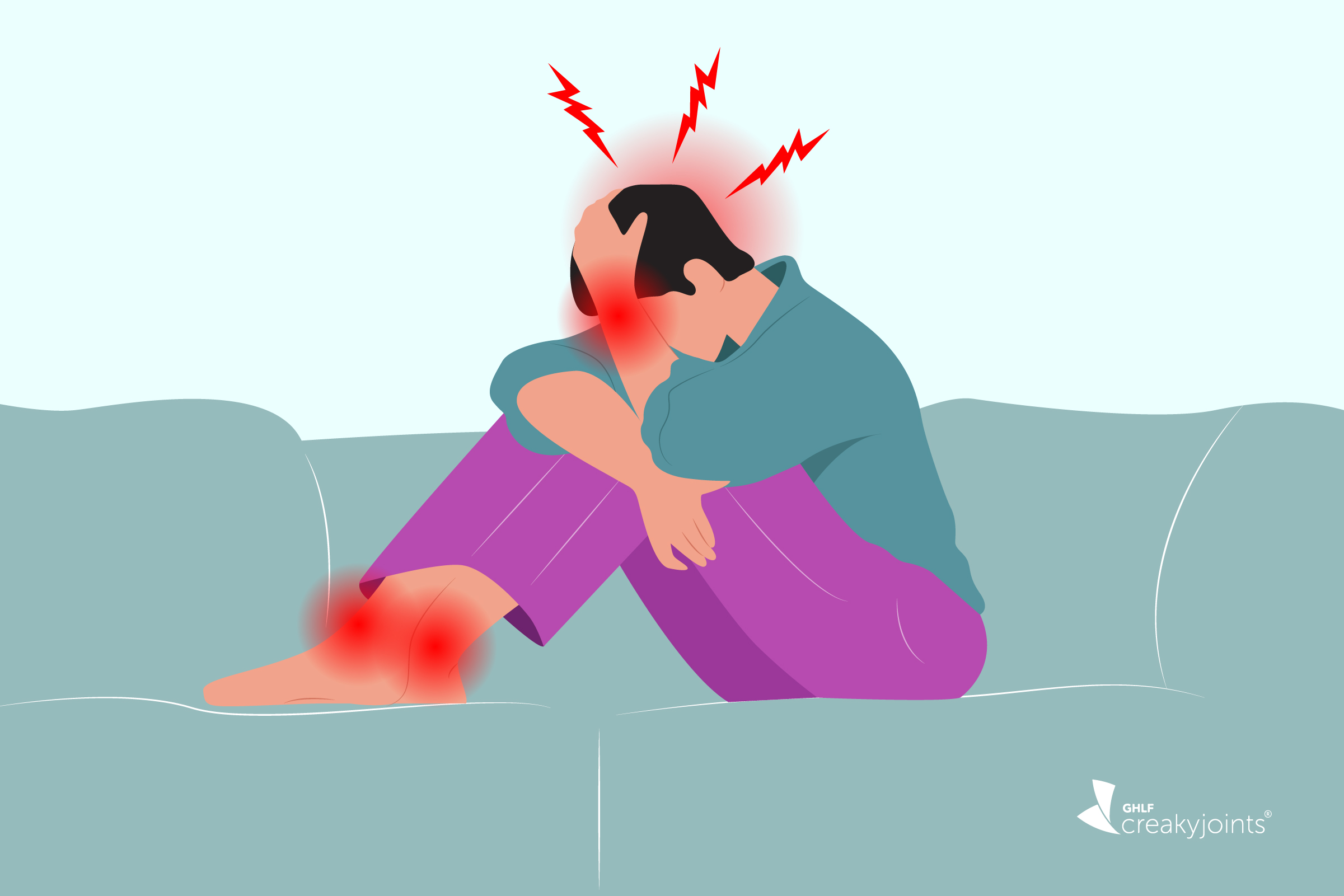The Up-End Migraine Project reveals key gaps in episodic migraine care, aiming to drive change and improve treatment options for patients through insights from both providers and patients.
MANAGING MIGRAINE TRIGGER BLAMING
MANAGING MIGRAINE TRIGGER BLAMING
September 21, 2017
Joe Coe

This past week, I had the opportunity to learn from migraine advocates and groups from across the country. Something that stayed with me was a discussion about triggers and stigma. Many of us who have migraine disease try to pinpoint what causes them so we can better take control of our life. But what if we can’t?
What if life is the trigger?
We can reduce stress but can’t eliminate it so are we to blame when have a migraine attack if we are stressed? How about when the weather changes? Or from lights in an office building?
Managing triggers is important. It is also important to understand that sometimes we can’t.
And if we can’t there shouldn’t be judgmental statements like: “well you should have slept more or you should have not eaten xx”. We are trying, and for me, living life is worth being exposed to triggers.
These are pretty blatant examples, but often “trigger blaming” is more unconsciousness. Because of the invisible nature of having migraine disease people often don’t believe us. We are sometimes told that the pain is “all in our heads” — well yes obviously, but the pain is real and impacts our mental, physical, and emotional health. The way in which we talk about migraine doesn’t surprise me because migraine impacts more women than men. Historically, it hasn’t been taken as serious neurological condition — could this be because of who it impacts?
We need to ask ourselves, how does sexism play out when discussing migraine pain and treatment? This is obviously a larger discussion, but it is important to raise when talking about “trigger blaming”.
As a man with episodic migraine, I often wonder if my pain is taken more seriously or if I have internalized messages around migraine and choose to not share my condition or seek better treatment because I will be viewed as weak.
In other words, how does sexism impact migraine treatment (or lack there of)?
One of my takeaways from this discussion is that we need to have it. We need to expose the stigma that surrounds us when talking about chronic diseases like migraine. Most importantly, we need to hear and value the perspective from people living with the disease. Then, together, we can work toward solutions.
About the author: Joe Coe is the patient advocate and social media manager for the Global Healthy Living Foundation.
SUBSCRIBE TO GHLF
RELATED POST AND PAGES
_
Was this article helpful?
YesNo




